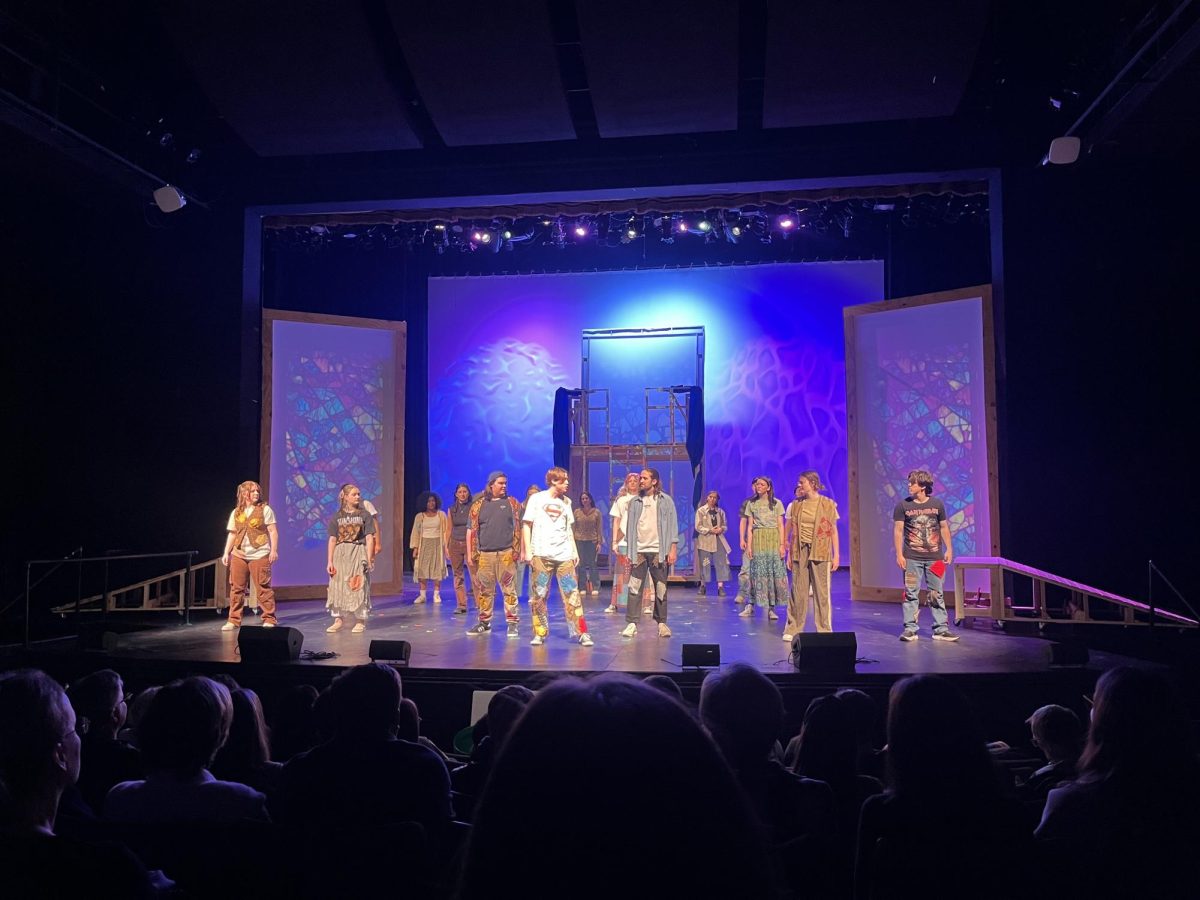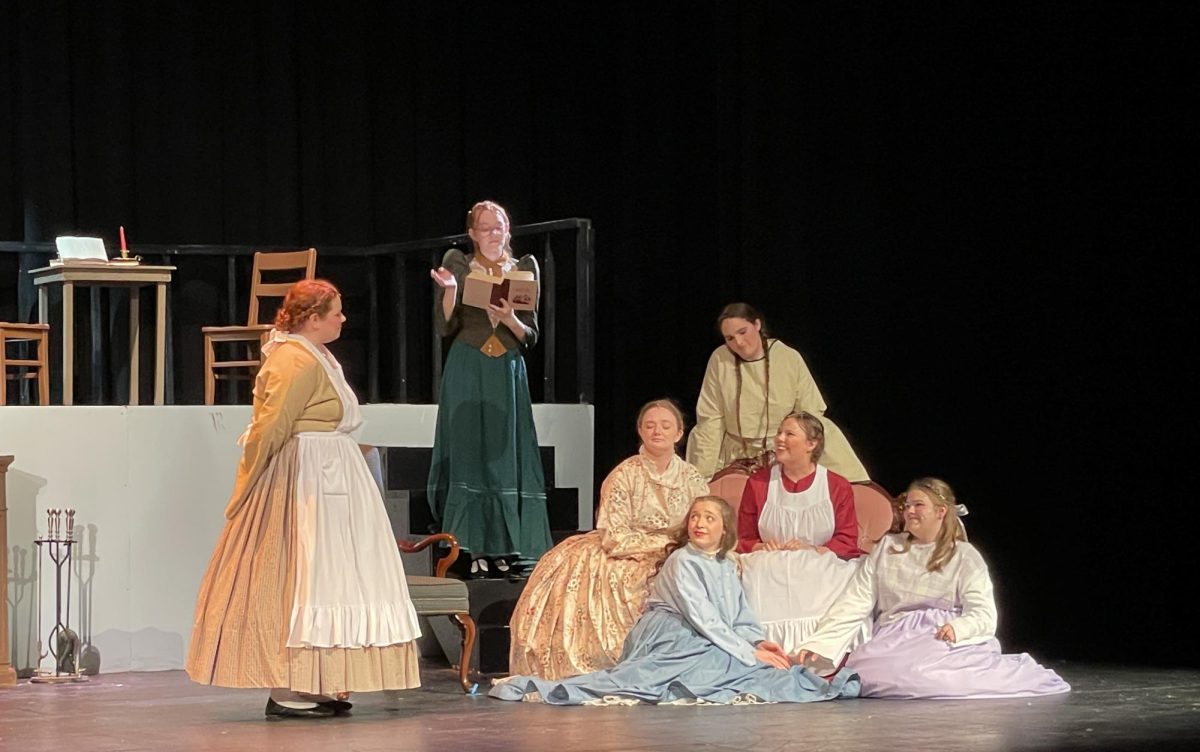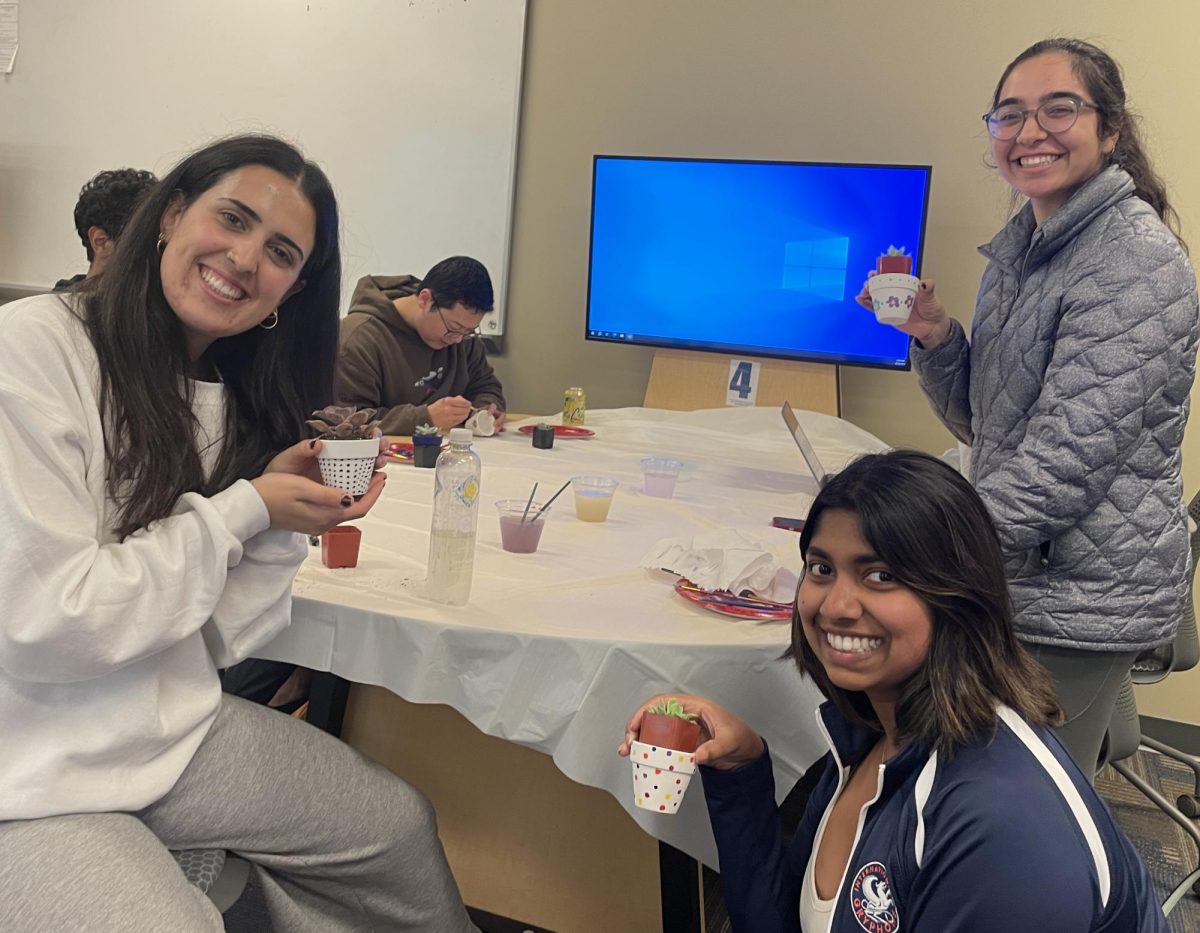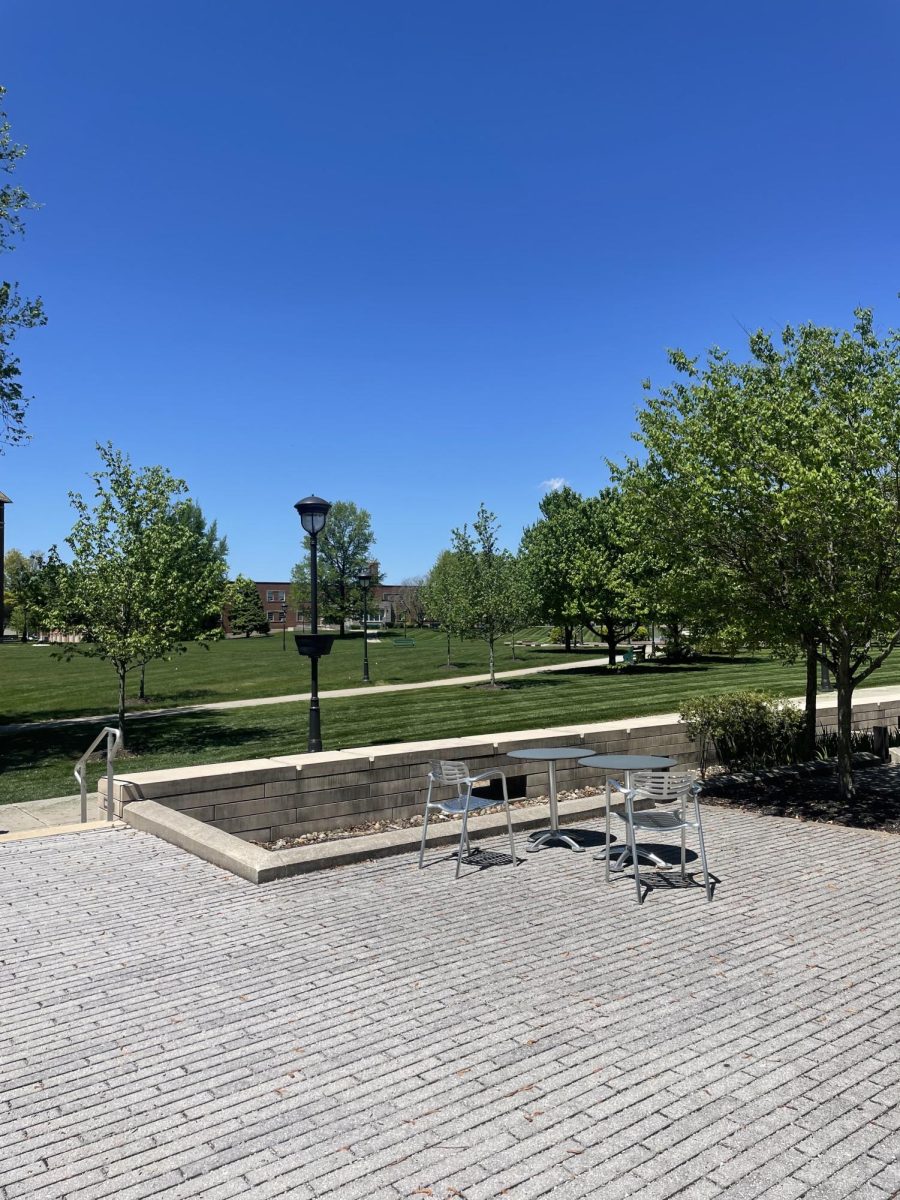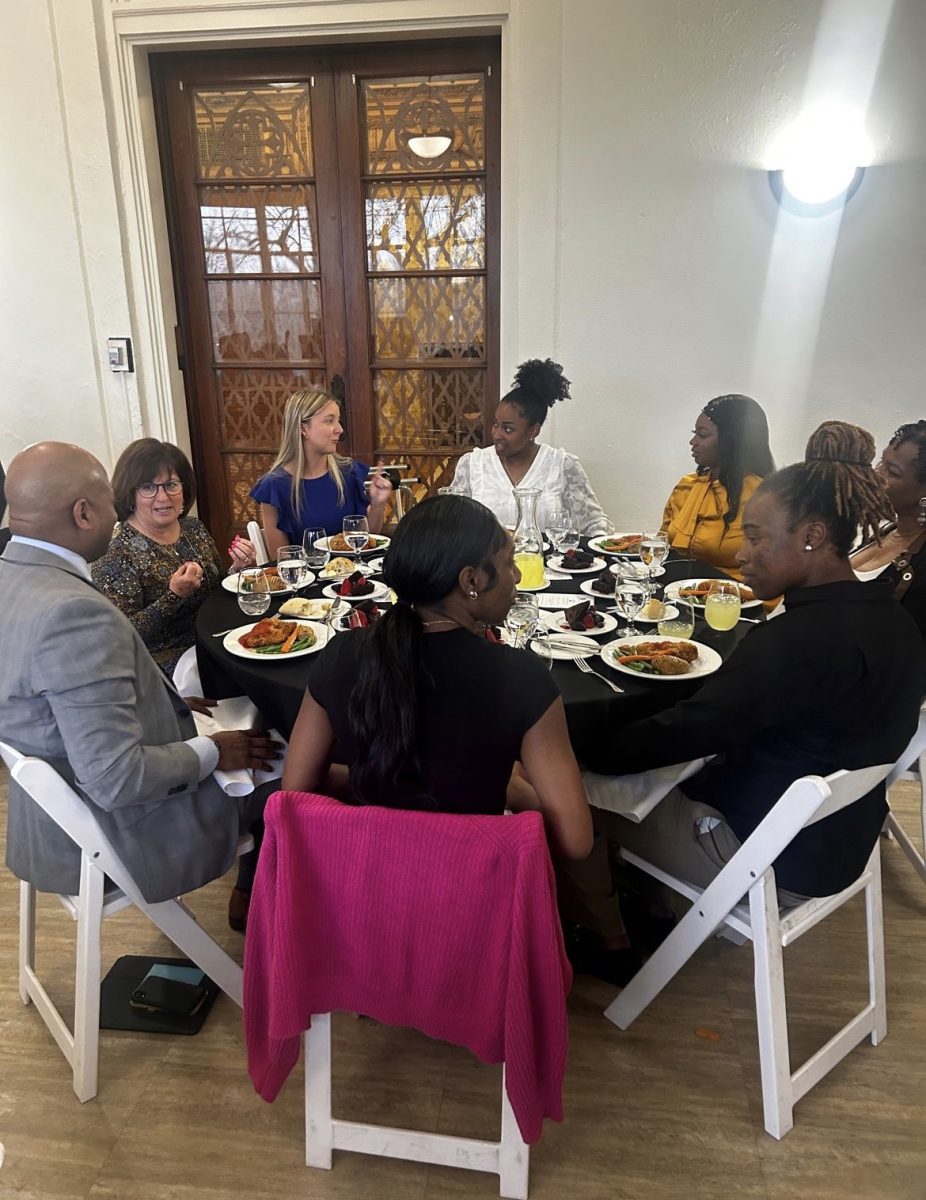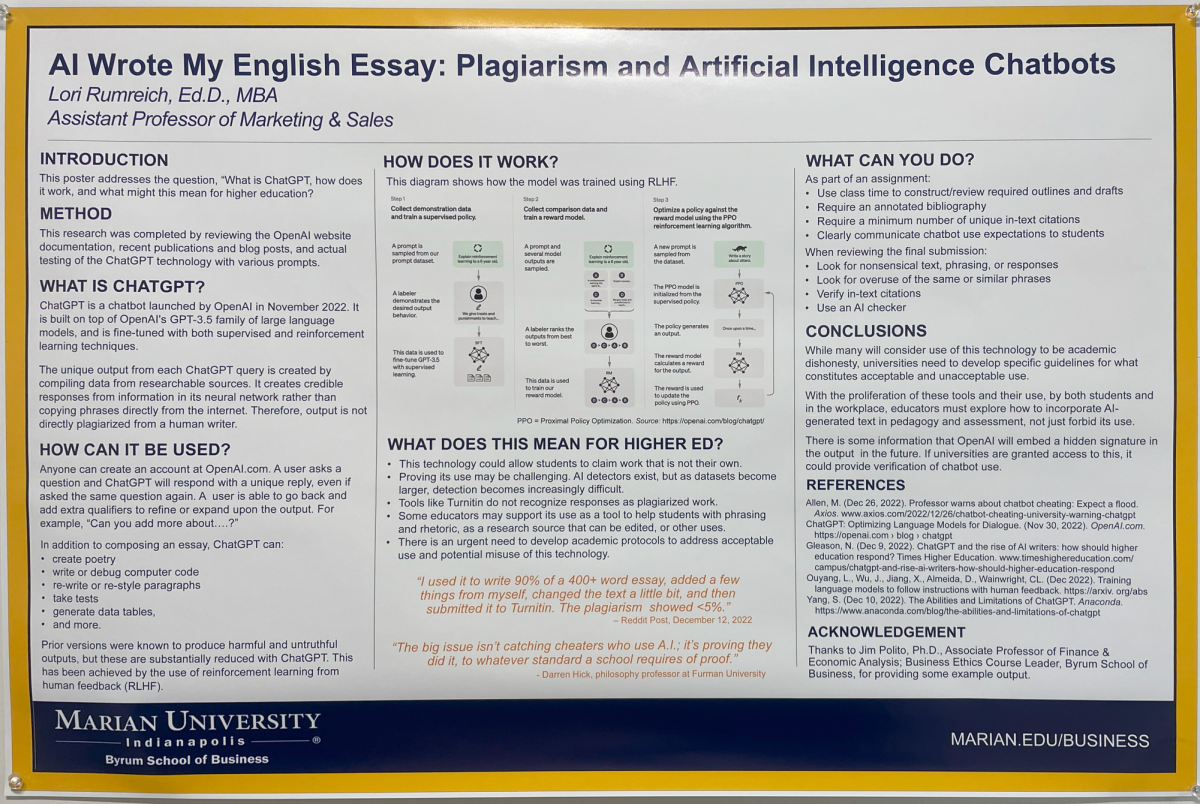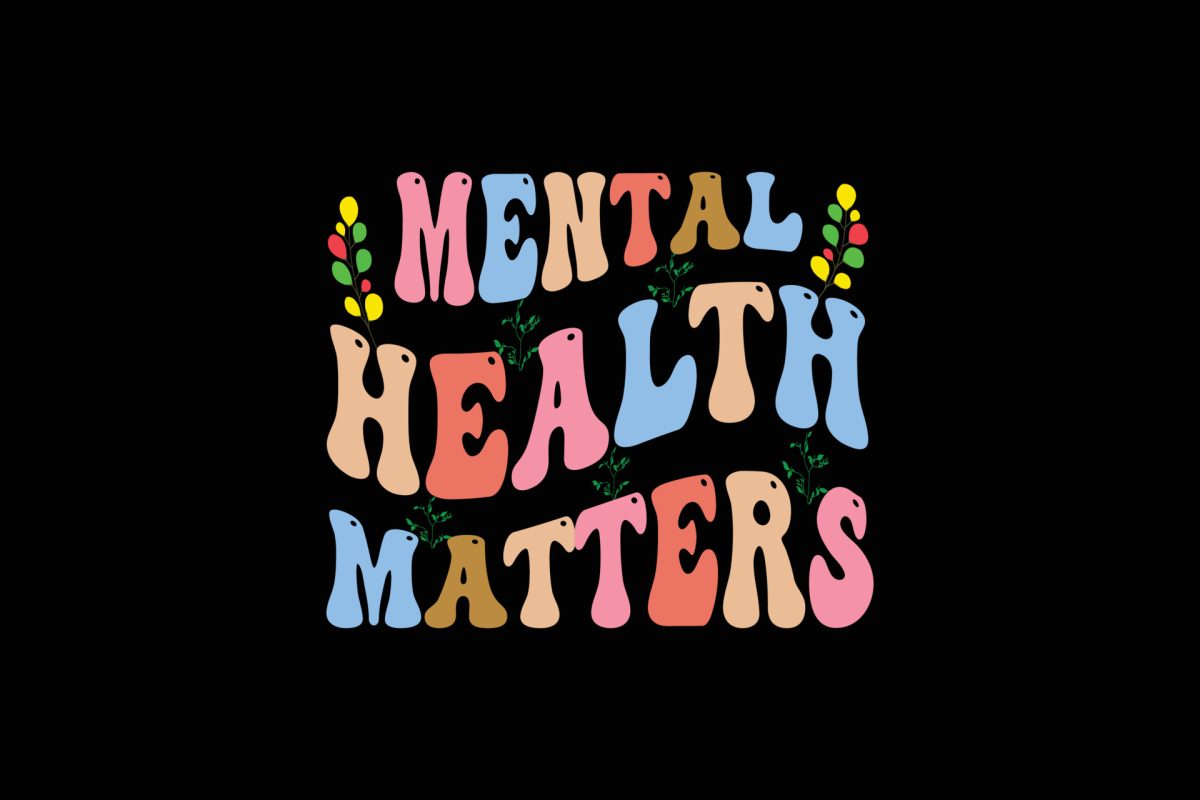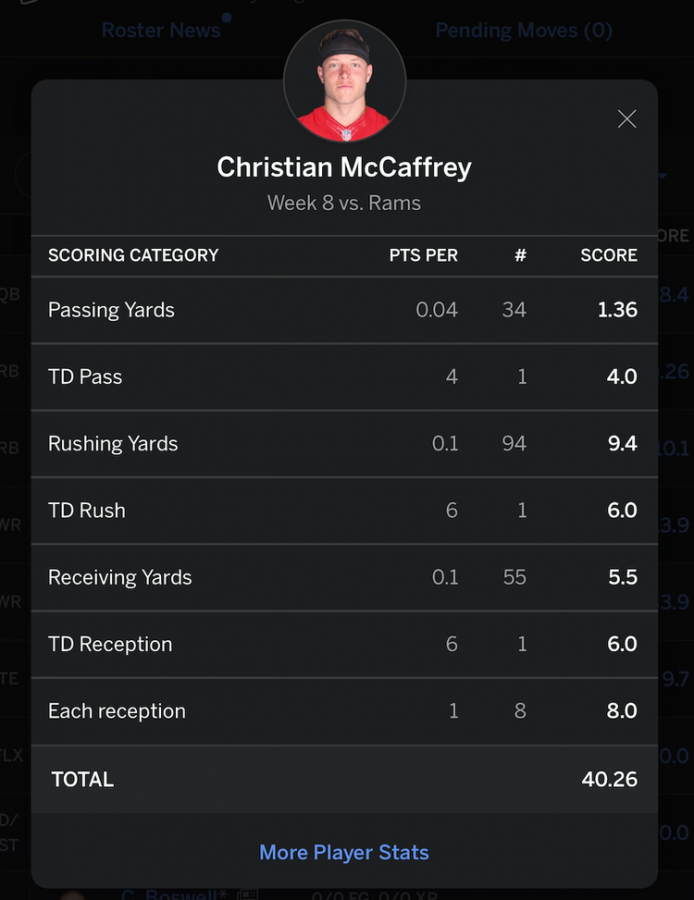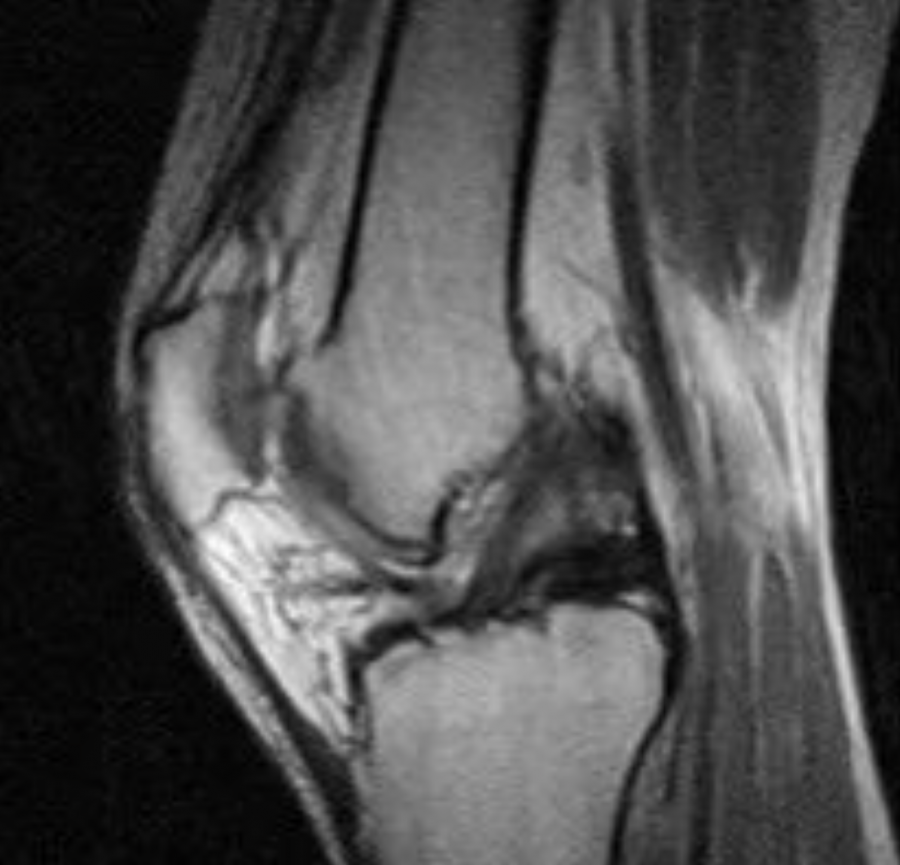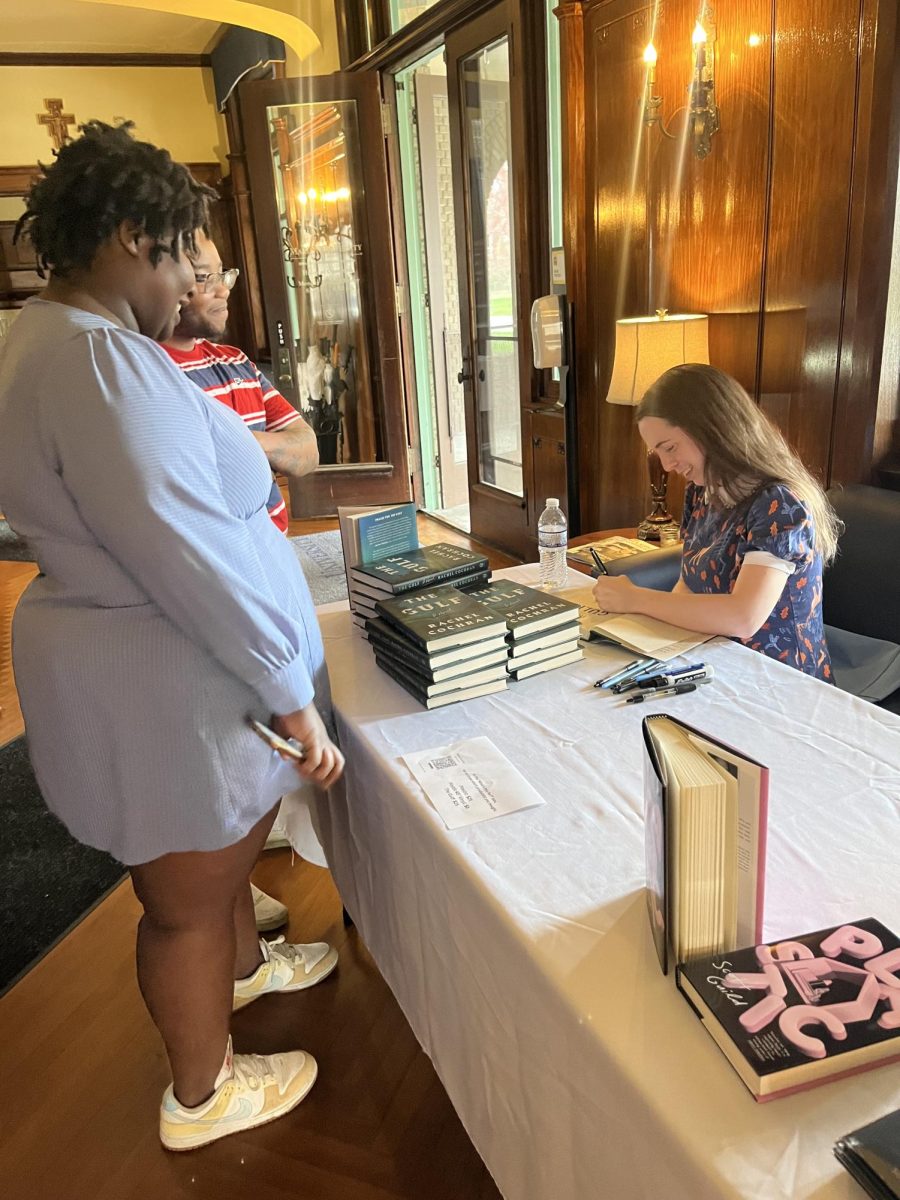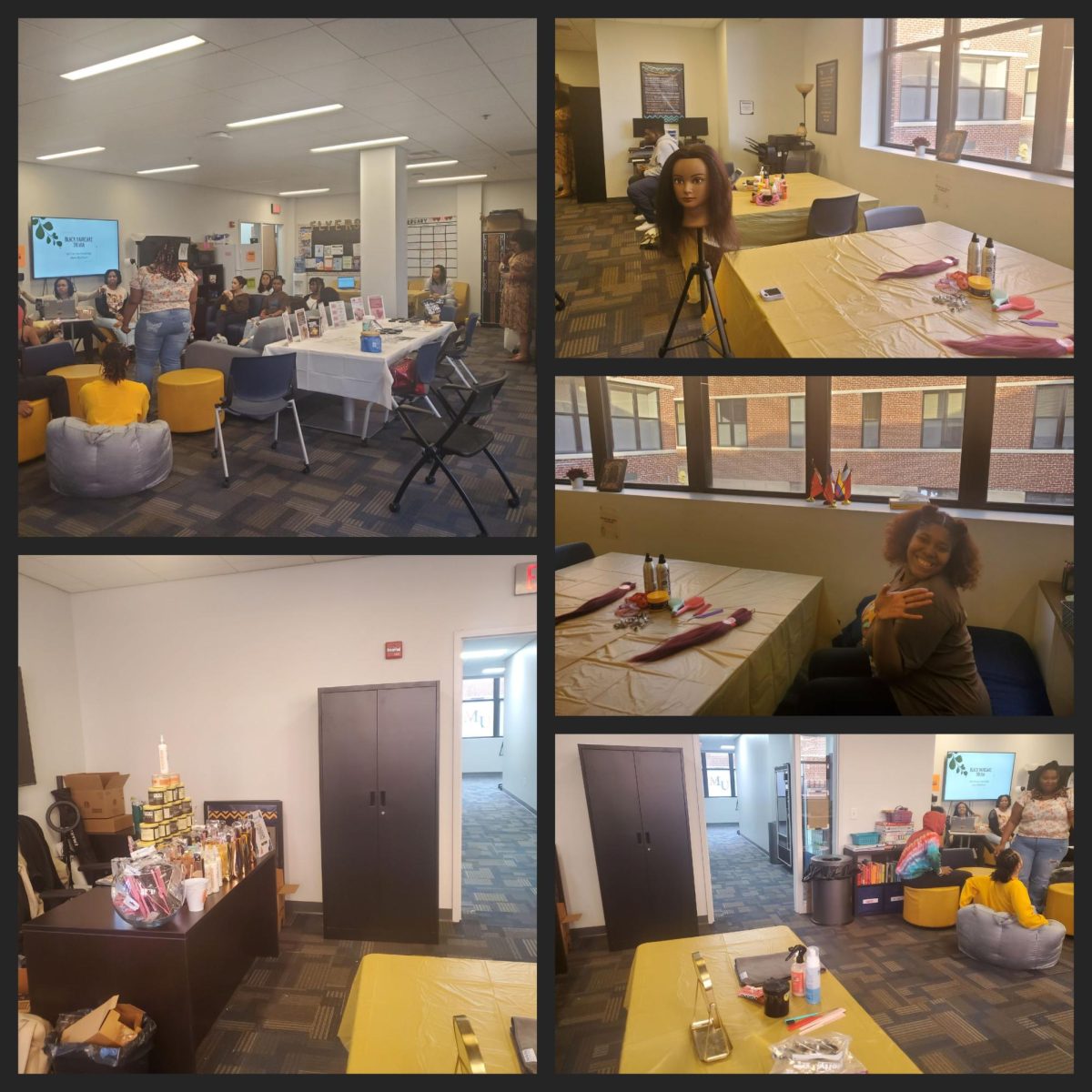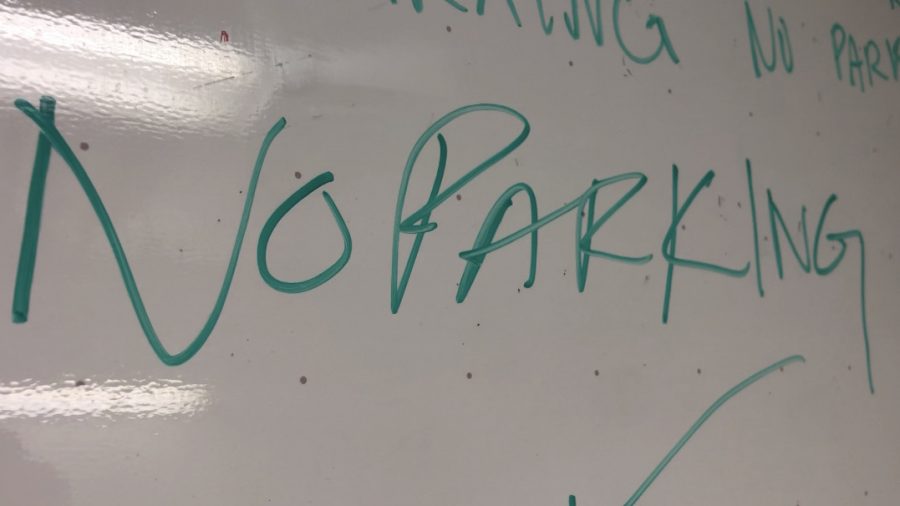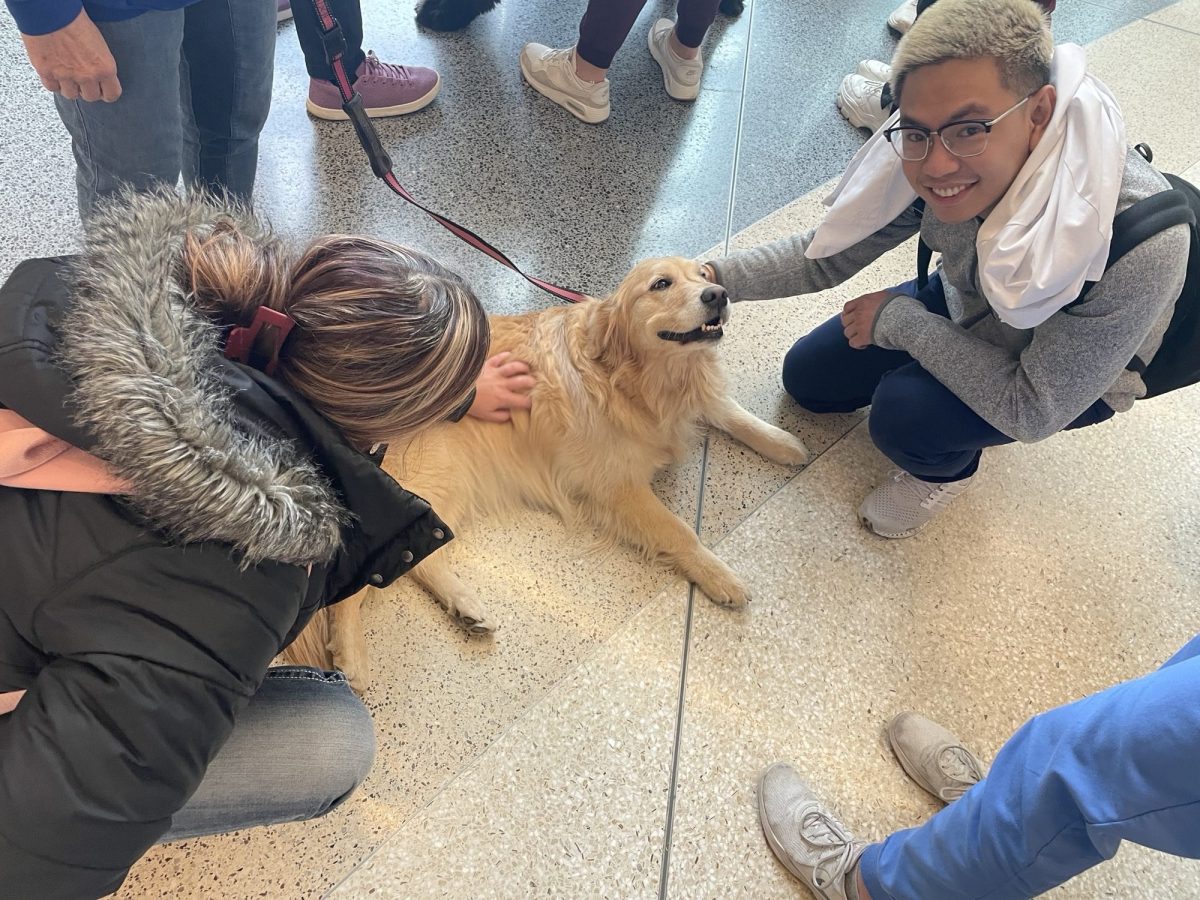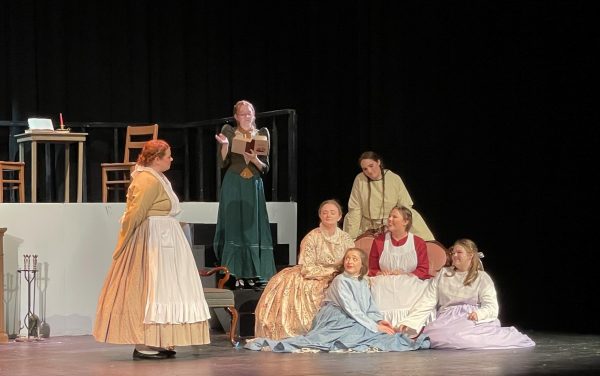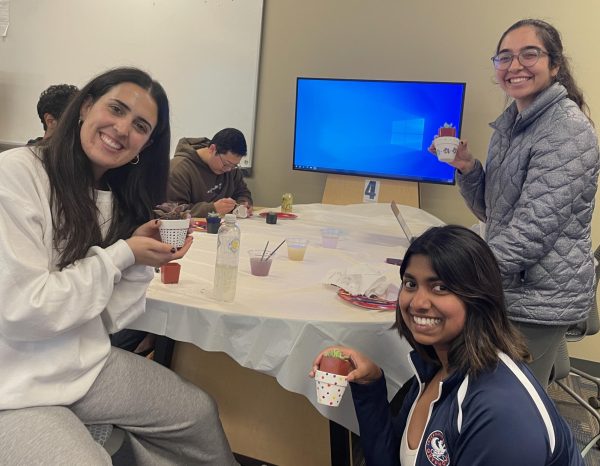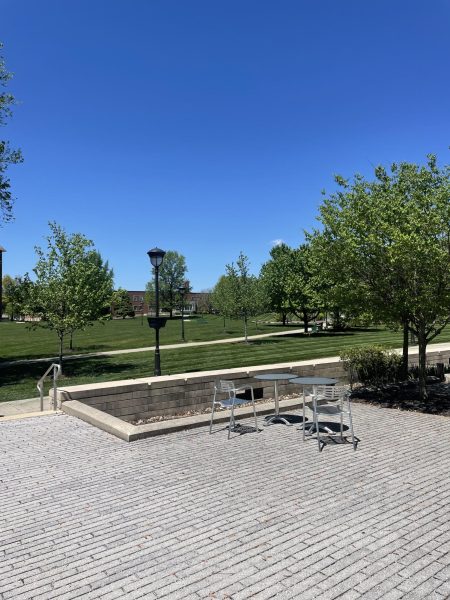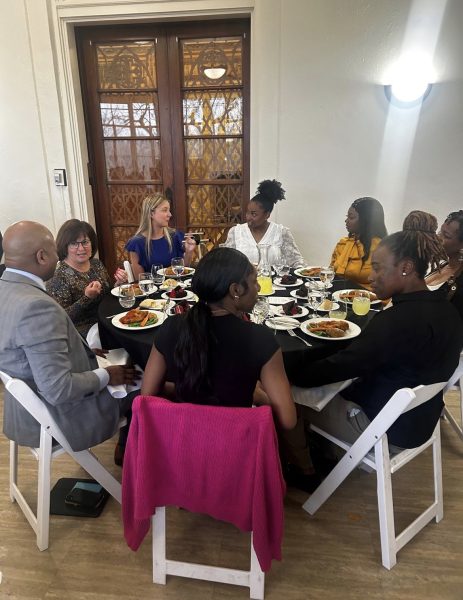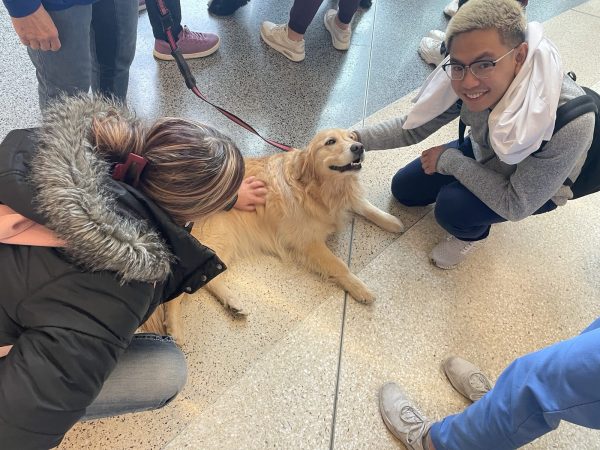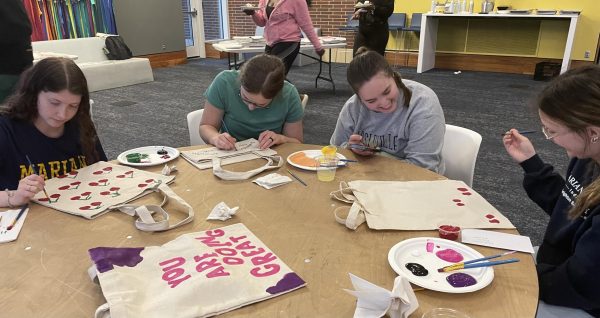Utilizing Campus Resources: Peer Tutoring
October 15, 2022
At the midpoint of the semester, it is important to reflect on academic goals, and seek out help if you need it. Amy Cheng, Director of Academic Engagement, discussed the benefits of the Tutoring Center for studying for midterms.
The Tutoring Center is a free resource offered through the Office of Academic Engagement on the first floor of the library, Cheng said. The Center moved to this location in the fall of 2021. Their goal is to help students be successful at Marian. It offers walk-in tutoring sessions for a wide array of entry-level and advanced courses. These courses are mostly 100 and 200-level classes because students are still learning how to adjust to college life. The full schedule of their services can be found on their website: Free Tutoring Services | Marian University.
Cheng encourages students to utilize this free resource. She has been in this position for five years at Marian. She has been in higher education her whole career. Her goal is to provide academic support.
How are tutors qualified to help you in classes? At the end of each semester, the office of academic engagement looks at data from courses to see where students need support. “From there a professor recommendation is required,” Cheng said. This helps to ensure the center is not only hiring students who understand the material but can also help others to do the same.
Another aspect of the center that Cheng wanted to highlight was the word “peer”. This means fellow classmates that have been in the same position to help. Senior Nursing major Rachel Nobbe, who has been a peer tutor since her second semester of freshman year, said, “Peer tutors are students who have succeeded in the course and show multiple ways of understanding problems to accommodate different learning styles.” Nobbe said that having a student perspective compared to a professor’s perspective is very helpful in learning.
Sophomore Elementary Education major Julia Imparato said, “You need to come prepared with questions and specific problems.” This is one of the most important things to do before going to a session.
What if you don’t know where you specifically need help? Nobbe suggests looking at the grade book to break down where struggles arise. “If you don’t do well on exams, think about if it is knowledge-based or if you struggle taking exams related to anxiety, not having enough time, etc.” said Nobbe. This information will guide the peer tutor and help have the most effective session.
There are a few other things you can do to make sure you are getting the most out of the experience. It is important to bring all your material. This will help the tutor understand where you are in the class and how to best help you. It is also vital to stop the tutor if you don’t understand something. Tutors are there to help at a student’s own pace.
Imparato said how the Peer Tutoring Center can be limited in its resources. There is no guarantee that a tutor is going to be available for every course at Marian. If this is the case, try reaching out to other students in the class and creating your own study group.
Something to be aware of is the center’s cancellation policy. If a student makes an appointment, they must let the tutor know at least six hours prior. There are expectations if there is an emergency according to the center’s website.
